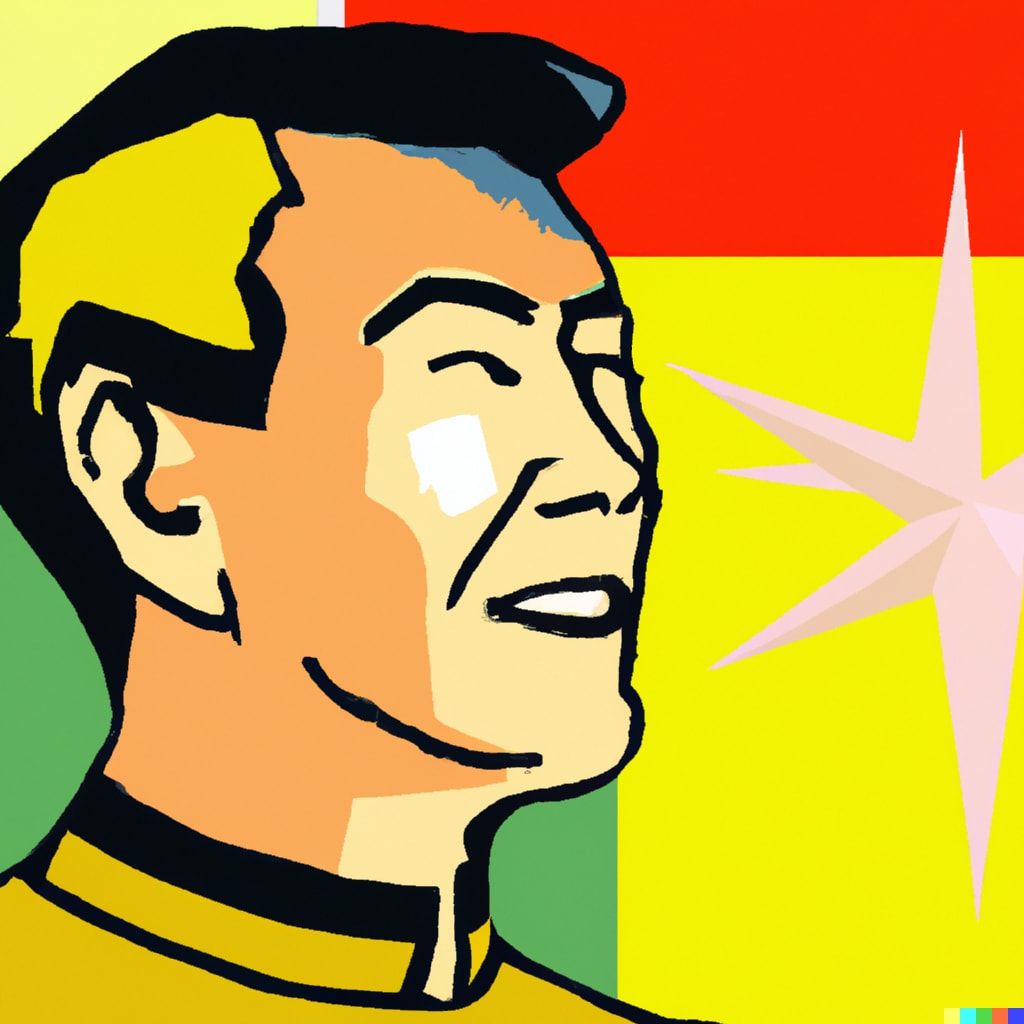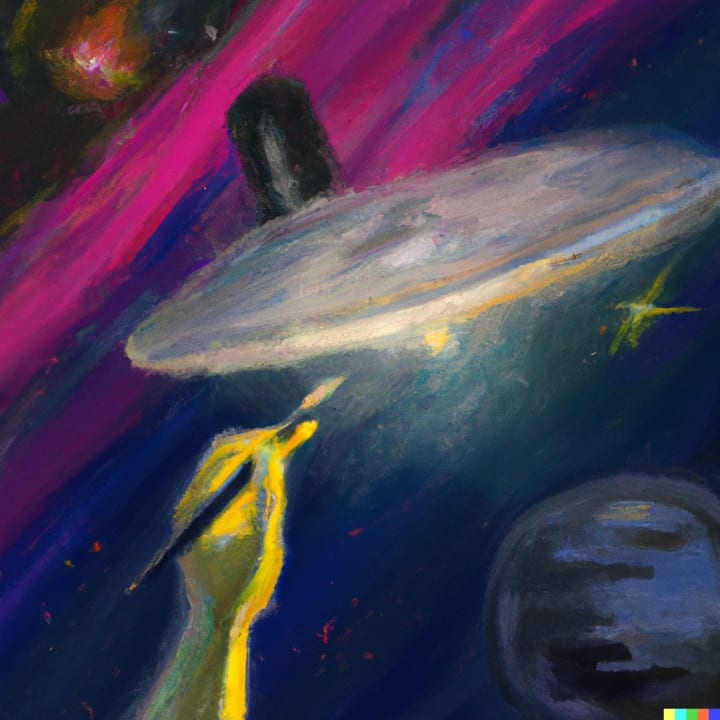The Enlightenment of Star Trek's Economy
Thoughts about a post-scarcity society

The Star Trek universe presents an intriguing and compelling view of an advanced civilization. It has eliminated the scarcity of resources that plagued previous human societies, leading to a post-scarcity economy. Replicator technology has made it possible to create almost anything one desires, rendering the concept of money obsolete.
But what happens when all basic needs are met? In a world where every essential item can be replicated, what value do unique, handcrafted, or historical artifacts hold? This is where the concept of owning the unique comes into play. In my headcanon, humans have evolved to the point where they no longer covet material possessions for their intrinsic value but instead cherish them for the unique experience they provide.
In the Star Trek: The Next Generation episode "The Most Toys," we see the character of Fajo, who is obsessed with owning unique items and having unique experiences. However, he is portrayed as a villain, possibly even mentally unbalanced, and his lust for unique experiences leads him to commit murder and leaves Data with the question of whether he should kill Fajo to prevent him from causing further harm. This episode shows the dangers of becoming too attached to material possessions, even if they are unique.
On the other hand, in "The Chase," Picard receives an intact third-dynasty Kurlan naiskos as a gift from his past mentor and professor, Galen. This rare archaeological item is portrayed as a gift beyond measure to Picard. The gift, the experience of encountering it, is enough for him. The added pleasure of owning it leaves him speechless and in deep gratitude.
The idea of owning the unique is not about possession or control, but about the experience it provides. It is not about displaying wealth or status, but about experiencing something that is one of a kind. In a post-scarcity society, where anything can be replicated, the unique becomes the ultimate luxury. It is something that cannot be replicated or mass-produced, and that is what makes it special.
The vastness of the Federation and the abundance of unique experiences make it impossible for any individual to experience everything in one lifetime. This leads to the realization that the value of time becomes more important than any individual item. In a world where experiences are limitless, the idea of experiential loss becomes obsolete. If one misses out on a unique experience, there will always be another. Therefore, gratitude becomes the primary focus, and the appreciation of unique experiences becomes the ultimate goal.
As for money, it has no value in a society where anything can be replicated. The concept of money becomes obsolete, and people are free to pursue their passions and interests without the constraint of financial gain. In a society where the basics are taken care of, people can focus on personal development, creativity, and exploration. The Star Trek universe is a prime example of what a society can achieve when it no longer has to worry about survival and can focus on self-improvement and exploration.
It is true that it is challenging to hang a story on this type of economy, which is why writers have come up with the concept of gold-pressed latinum. This currency is used to edge around the commerce question.
The Star Trek economy is not just about replicators and post-scarcity, but it is about a fundamental shift in human values. It is about realizing that possessions do not bring happiness, but the experiences they provide do. It is about appreciating the unique and valuing time over any material possession. It is a society that has evolved beyond the constraints of scarcity and realized the true value of life. It is a society that has recognized the importance of personal development, creativity, and exploration, without the constraint of financial gain. The Star Trek universe has presented a unique and compelling view of what humanity can achieve when it works together towards a common goal, without the burden of financial concerns.

The concept of owning the unique is not just a fictional idea; it has real-world implications. In our current society, we often attach value to material possessions, and the accumulation of wealth has become a status symbol. However, as we progress as a society, we must begin to recognize the importance of experiences over possessions. We must understand that true wealth lies not in the accumulation of material possessions but in the experiences we have and the memories we create.
In the first episode of Picard Season Three titled "The Next Generation" on Paramont+, we watch as Picard attempts to explain that he is willing to put aside his possessions in the expectation of starting a new life with new experiences. This scene embodies the lesson "When I was a child, I spoke as a child, I understood as a child, I thought as a child: but when I became a man, I put away childish things." ( 1 Corinthians 13:11, King James Version). The creator if Star Trek, Gene Roddenberry wanted to get across the idea that mankind had grown out of a mentality of a child, selfishly grabbing everything it could, and instead become a selfless being in search of growth and divesity.
Star Trek universe has presented us with a glimpse of what is possible when we let go of our attachment to material possessions and focus on experiences. It has shown us that a society can evolve beyond the constraints of scarcity and realize the true value of life. It is a society that values personal development, creativity, and exploration, without the burden of financial gain. The concept of owning the unique is not just a fictional idea; it has real-world implications that we can strive towards as a society.
About the Creator
Brendan McGlynn
3-2-1, liftoff! Major Rick felt the g-force as his rocket lost control. Ricky tossed his plastic toy in the air and caught it just in time.






Comments
There are no comments for this story
Be the first to respond and start the conversation.